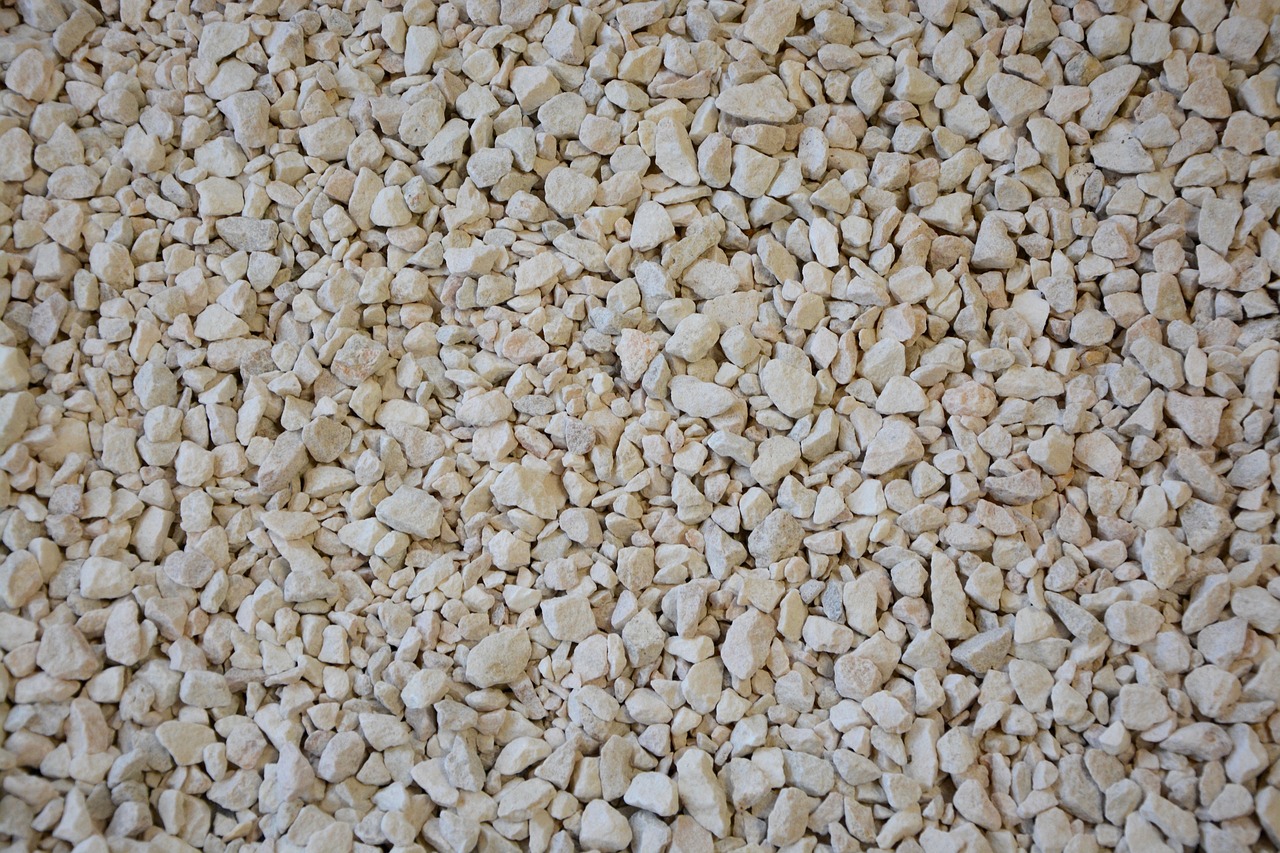Why Aftercare Makes or Breaks Your Recovery Journey in San Diego [Expert Guide]
Jul 18, 2025
Aftercare makes the difference between success and failure in your recovery. Your relapse risk goes up substantially without ongoing support. At Restore Detox Centers in San Diego, we've watched this pattern unfold time after time. The path to lasting recovery depends heavily on what you do after your original treatment ends.
Many people don't realize how much they need structured support after rehabilitation. Research shows that about 7.7 million adults face both substance use disorders and some type of mental illness. This makes detailed aftercare programs vital to recovery. Every addiction aftercare program aims to help you stay sober, avoid relapse, and build a life worth living with meaningful relationships and purpose. People who stay involved in therapy, support groups, or alumni programs have much better chances of staying on track with their recovery.
This piece explores the real aspects of aftercare treatment. You'll learn proven strategies like the 5 D's and 7 R's of relapse prevention. Building a reliable support network in San Diego is vital to your long-term success.
Why aftercare is the foundation of long-term recovery

Continuing care stands as the life-blood of successful recovery, not just an optional add-on after original treatment. Research shows that substance use disorders often become chronic, long-term conditions that need extended support beyond original rehabilitation [1]. Restore Detox Centers has observed that the protective bubble of rehab alone cannot guarantee lasting sobriety.
Recovery faces its most vulnerable period when patients transition from structured rehabilitation to everyday life. Relapse risk peaks as people confront ground triggers without constant clinical support [2]. Studies show that between 40% and 60% of people in recovery from substance use disorders experience at least one relapse [2]. This fact proves why continued support becomes essential rather than optional.
Substances like nicotine, heroin, and alcohol show even higher relapse rates—reaching 80-95% within the first year without proper aftercare [3]. These numbers highlight why structured continuing care programs must extend the benefits of original treatment and provide tools to guide daily challenges.
Effective aftercare serves several vital functions in recovery. It helps maintain abstinence and strengthens the progress made during original treatment. It limits the severity and duration of potential relapses when they occur. Support networks connect people to practical recovery solutions including employment, housing, and meaningful recreational activities [1].
Restore Detox Centers' aftercare programs teach clients to spot warning signs of potential relapse and create individual-specific coping strategies. Regular check-ins with therapists and peers create accountability and help curb common relapse triggers like boredom and isolation. Aftercare builds more than just substance-free living—it creates a sustainable foundation for an achieving life beyond addiction where recovery skills become natural.
Understanding relapse and how to prevent it

Relapse develops gradually through stages we can spot and tackle. Our team at Restore Detox Centers knows that spotting these warning signs makes the difference between staying clean and falling back. The numbers tell us that relapse is normal - it affects about 40-60% of people in recovery [4]. These rates match other long-term health conditions like asthma and hypertension [5].
People usually go through three clear stages before a relapse. The first stage, emotional relapse, sneaks up on you. You're not thinking about using, but you stop taking care of yourself. You might pull away from others, keep your feelings bottled up, sleep poorly, or skip your recovery meetings [6]. Next comes mental relapse - a tug-of-war in your mind. One part wants to use while another fights against it. You start daydreaming about using, downplay past problems, and look for chances to slip [7]. The last stage, physical relapse, happens when you start using again [7].
You can bounce back faster if you catch these signs early. Here's what often sets off a relapse:
-
Stress and emotional pain
-
People or places that remind you of using
-
Feeling bored or having money troubles
-
Problems with relationships
-
Slipping back into old routines [4]
Our aftercare programs teach you to prevent relapse rather than see it as failure. The HALT method helps you check if you're Hungry, Angry, Lonely, or Tired - feelings that can push you toward using [4]. Mindfulness meditation works really well to stay sober and fight cravings [4]. Meeting with support groups helps you feel less alone and cuts your chance of relapse [4].
You can also try other methods that work. Create your own ways to cope, practice breathing exercises, stick to regular sleep and exercise times, and keep emergency contacts handy for tough moments [4].
At Restore Detox Centers, we build these proven strategies into our aftercare treatment. Prevention works better than fixing problems later. If you do relapse, we're here to help you get back on track fast.
Building a support system that lasts

Building a sustainable support system is the foundation of successful long-term recovery. Our team at Restore Detox Centers has seen how a reliable network of support can reduce relapse risks by a lot and boost overall wellness during your recovery trip.
Studies show that it takes about 66 days to make a new habit automatic [8]. The first two months after treatment are vital to build routines that lead to long-term sobriety. Your support system works as both a safety net and a springboard for your new life.
A complete support network has:
-
Family and friends who understand your trip and respect your sobriety
-
Support groups like AA/NA that provide accountability and shared experiences
-
Professional guidance from therapists and counselors who can address root causes
-
Alumni programs that connect you with others who've walked the same path
-
Healthy lifestyle supporters who reinforce good habits
Support groups are especially valuable because they create a safe space to share experiences, get encouragement, and build accountability [9]. Regular meetings provide structure and stability during times of big change.
Restore Detox Centers' alumni programs bridge the gap between treatment and independent living. These programs create a sense of community while offering practical advice that professionals might miss [10]. Active participation in alumni events connects you to a wider network of people who understand addiction and recovery's complexities.
Setting goals is another key part of building lasting support. The SMART framework (Specific, Measurable, Achievable, Relevant, Time-bound) boosts your chances of success [11]. Start small, set manageable goals and celebrate every win, whatever the size.
Recovery runs on connection. Being honest about your needs, working with loved ones when it fits, and staying open to guidance makes these relationships stronger [12]. At Restore Detox Centers, we know that building a support system isn't a one-time thing—it needs ongoing effort and careful planning.
Conclusion
Addiction recovery requires much more than treatment alone. Aftercare bridges the gap between rehabilitation and achieving a substance-free life. Restore Detox Centers in San Diego has witnessed numerous patients build their success stories through strong aftercare programs.
The numbers tell a clear story - all but one of these patients face relapse risks without proper support. Your dedication to continued care shapes your path toward lasting sobriety. You can take action before challenges become crises by recognizing warning signs of emotional, mental, and physical relapse.
Support networks deliver vital accountability and encouragement when you need it most. Active participation in support groups, therapy sessions, and alumni programs shields you from isolation and old habits. The skills you master during aftercare become essential tools that help navigate daily challenges. Mindfulness techniques and HALT assessments prove particularly valuable.
Recovery ended up being a lifelong trip instead of a destination. Each new day offers chances to build your foundation and create a more meaningful life. Our team at Restore Detox Centers stands ready to guide you with steadfast dedication. We provide the resources, direction, and community you need for lasting recovery.
The road ahead may have its challenges. A complete aftercare plan and dedicated support can reshape the scene of your recovery from constant struggle to green practices. Your future self will appreciate today's investment in aftercare - the life-blood of lasting freedom from addiction.
Key Takeaways
Understanding the critical role of aftercare can mean the difference between lasting recovery and relapse, making it essential knowledge for anyone on their sobriety journey.
• Aftercare is non-negotiable for recovery success - Without structured continuing care, 40-60% of people relapse, with some substances showing rates as high as 80-95% in the first year.
• Relapse happens in three predictable stages - Emotional relapse (neglecting self-care), mental relapse (internal struggle), and physical relapse can be prevented through early recognition and intervention.
• Support networks are your recovery lifeline - Active participation in therapy, support groups, and alumni programs significantly increases your chances of maintaining long-term sobriety.
• Recovery requires ongoing commitment beyond initial treatment - Building sustainable habits takes approximately 66 days, making the first two months after treatment crucial for establishing routines that support lasting sobriety.
The transition from rehab to real life represents the most vulnerable period in recovery. By prioritizing aftercare, recognizing relapse warning signs, and actively building support systems, you create a protective framework that transforms recovery from a daily struggle into a sustainable lifestyle.
FAQs
Q1. How long does aftercare typically last in addiction recovery?
The duration of aftercare varies for each individual, but it often extends for several months to a year after initial treatment. Some people may benefit from ongoing support for years. The key is to continue aftercare until you feel confident in your ability to maintain sobriety independently.
Q2. What are some common aftercare activities or programs?
Common aftercare activities include regular therapy sessions, participation in support groups like AA or NA, alumni program events, ongoing medical check-ups, and engagement in healthy lifestyle activities such as exercise or meditation. Many also find volunteering or mentoring others in recovery to be beneficial.
Q3. How can I recognize the early signs of a potential relapse?
Early signs of potential relapse often include emotional changes like increased irritability or mood swings, neglecting self-care routines, isolating from support networks, romanticizing past substance use, or experiencing intense cravings. It's crucial to be aware of these signs and reach out for help immediately if you notice them.
Q4. Is it normal to struggle with cravings even after completing rehab?
Yes, it's completely normal to experience cravings even after completing rehab. Cravings are a common part of the recovery process and don't indicate failure. What's important is how you respond to these cravings. Utilizing coping strategies learned in treatment and reaching out to your support network can help manage these urges effectively.
Q5. How can family and friends best support someone in addiction recovery?
Family and friends can best support someone in recovery by educating themselves about addiction, attending support groups for loved ones, maintaining open communication, respecting the individual's recovery process, and encouraging healthy habits. It's also important to set clear boundaries and avoid enabling behaviors while offering consistent emotional support and understanding.
References
[1] - https://pmc.ncbi.nlm.nih.gov/articles/PMC7813220/
[2] - https://americanaddictioncenters.org/rehab-guide/aftercare
[3] - https://delamere.com/blog/the-importance-of-aftercare-in-addiction-recovery-maintaining-sobriety
[4] - https://www.addictioncenter.com/community/top-10-relapse-prevention-skills/
[5] - https://americanaddictioncenters.org/rehab-guide/aftercare/relapse-prevention
[6] - https://www.alcoholhelp.com/blog/three-stages-relapse/
[7] - https://recovered.org/relapse/stages-of-relapse
[8] - https://www.harmonyridgerecovery.com/structured-daily-routine-recovery/
[9] - https://www.gatewayrehab.org/blog/building-a-healthy-routine-in-the-early-stages-of-recovery
[10] - https://www.highfocuscenters.com/2024/11/18/the-importance-of-alumni-in-recovery-peer-support-and-helping-others-through-the-journey/
[11] - https://www.therecoveryvillage.com/recovery/wellness/goal-setting-in-recovery/
[12] - https://www.stjamesrehab.com/blog/how-to-build-a-support-system-for-recovery-during-rehab
24/7 HELP
Begin your healing at Restore.
Restore Detox Centers is your 24-hour residential treatment facility for alcohol and drug addiction. Our compassionate team of professionals understands your challenges, providing effective rehabilitation services in San Diego. From medically assisted detox to comprehensive residential programs, we guide you towards a life free from addiction.
Stay connected with news and updates!
Join our mailing list to receive the latest news and updates from our team.
Don't worry, your information will not be shared.
We hate SPAM. We will never sell your information, for any reason.

